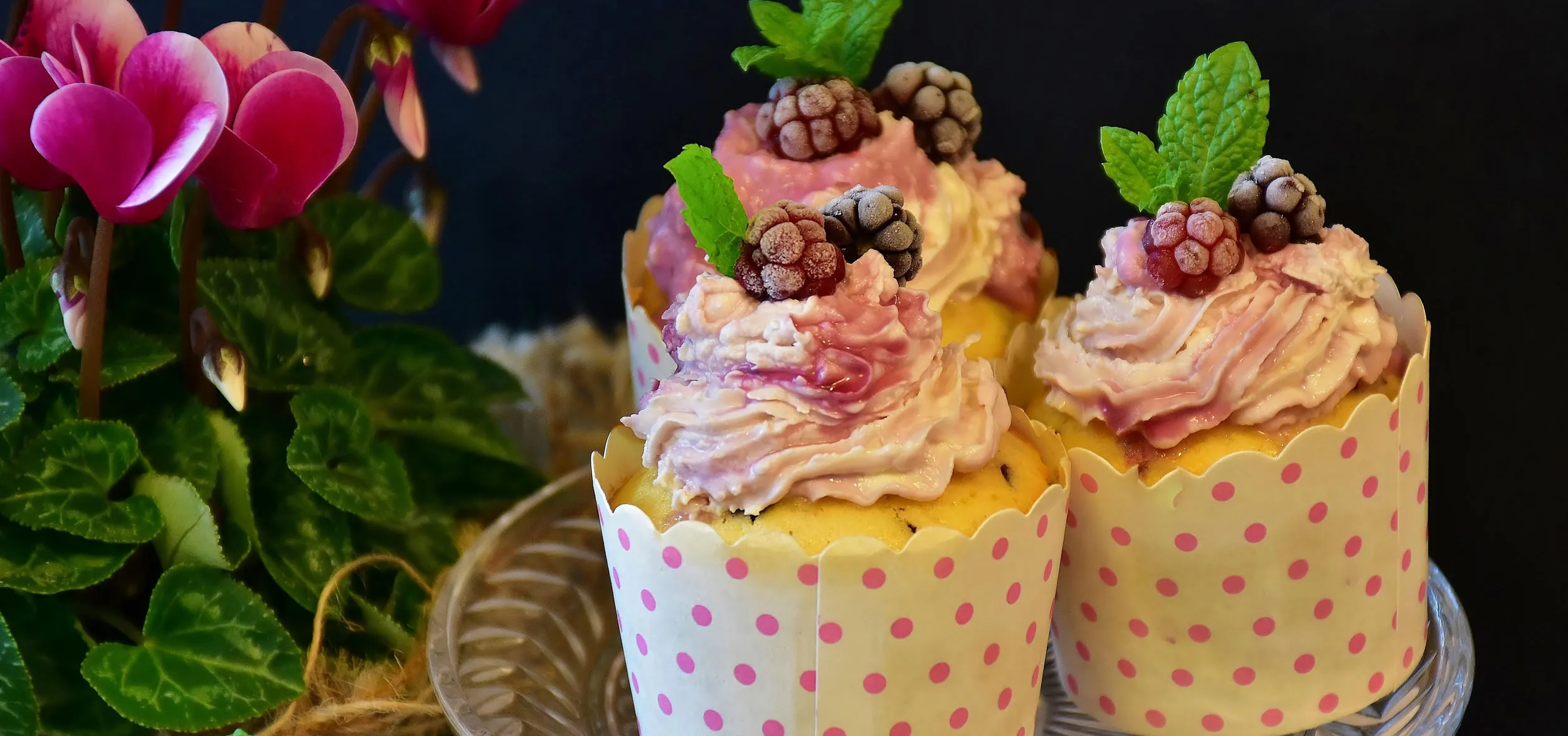Why are Chinese millennials queueing for hours just to get in a cafe? TWOC looks into the world of “internet famous” desserts and drinks
In the age of WeChat, Instagram, Kuaishou, and Little Red Book, it’s easier than ever for anonymous individuals to become internet celebrities (wanghong). So why not businesses?
In Chinese, the term wanghongdian (网红店) refers to a type of business—typically a cafe or restaurant—that supposedly caters to China’s gradually emerging “post-95” and “post-00”-generation. The (primarily) female consumers are attracted to their ambiance and impossibly long lines, cozy interiors, and especially photogenic food. These wanghong dian become “internet famous” by inviting “organic” viral marketing—customers taking photos and videos for social media platforms such as WeChat Moments, then gaining thumbs-up (“likes”) from friends simply by having visited—or daka (打卡, “punched card”)—the store.
At 本宫PavoMea (or Peacock’s Palace), a Beijing wanghong bakery backed by Pepsi model and Taiwan pop star Jolin Tsai, a member of the staff who asked not to be identified told TWOC that wanghong stores stay popular by catering to the demands of their demographics: Offering a compelling place for “one hour of beautifying, half an hour of taking photos, and five minutes of posting, in exchange for hundreds of thumbs-up” (一小时化妆,半小时照相,五分钟上传,换来百多个好评) , as one saying about wanghong culture goes. “‘Tasty, beautiful and fun’ is the motto of the shop,” the staff member tells TWOC.
Moreover, the business introduces new products every month, so that customers never run of cards to punch. “They are limited seasonal promotions with a specific theme. This month is ‘The Style of Murakami Haruki,’” we were told. Looking around, design details reflect the cafe’s name: Peacock statues and pendants on the ceiling, with evocative light and shadows effecting the vibe of a photo studio.
“The reason why I choose 本宫Pavomea is that it can give me an incredible memory,” says Xin Xuanzi, a young customer. “Instead of simply eating dessert, it feels that I am wandering through an art exhibition, taking photos of artifacts.”
In marketing speak, wanghong bakeries and cafes as part of the “fourth meal” (第四餐化) or “snack” market, a white-collar consumer culture expected to be valued at two trillion RMB by 2020. Businesses that combine wanghong and snack culture are referred to not as businesses but “living centers” that combine selling food with selling a social experience, as millennials seek to escape from the stress of work and relentless striving in China’s first-tier cities—and into the world of fantasy, beauty, and instant fame.
According to 本宫PavoMea’s official website, in “the World of Murakami Haruki, love is lonely. No matter who you are, the lonely feeling will still get to you.” No reason, though, not to monetize these melancholic meditations using the themes of the Japanese author’s books: on May 20, an internet “holiday” celebrating love, the store introduced a rose-shaped mousse to “accompany” lonely white-collar consumers, and perhaps get them to post a token selfie from 本宫PavoMea.

Self-love is like a single rose, said someone once (possibly not Murakami, though) (Ran Meng)
“Lots of girls post selfies and delectable snacks on Little Red Book,” Xin admits, referring to a Chinese app, founded in 2013, that’s popular with millennials sharing photos of food, activities, and “experiences.” “That lured me to come and try.”
Fellow customer Chen Xin, an architect at the China Architecture Design & Research Group, said that she visited because she is an ardent fan of the cafe’s backer, Jolin Tsai. “I am happy that many desserts are named after Tsai’s songs. [Last year], I ordered the ‘Confessions of a Mask’ (假面的告白) cake not only because I like the sweet, refreshing taste, with pitaya, kiwi, and mango, but also because its name is nostalgic. It evokes a favorite song from my schooldays.”

The decor is emphatically aimed at a traditional “girly” demographic of white-collar females, nostalgic about childhood (Ran Meng)

Why chat, when you can grimly take photographs of each other’s food for an online audience of anonymous netizens? (Ran Meng)
Wanghong stores market traditional Chinese hospitality to millennials’ longing for a consumption “experience,” (already characterized by independent cafes), which serve as emotional outlets and social hubs for young, often stressed white-collar consumers. While traditional food businesses emphasize ingredients and the food itself, “new marketing” generates lucrative sales by consciously monetizing atmosphere and a sense of experience—and consumers’ penchant to document it all on social media.
“About half the customers who enter wanghong cafes are not there to drink coffee,” proclaimed a recent headline on Xinhuanet. In the report that follows, Yan Jinjiang, a professor at Sichuan University Business School, explains that some wanghong stores have even set up “special photo-taking areas” which “create new value for traditional business, converting selling products into selling services.”
The staff at 本宫PavoMea doesn’t entirely agree. “The beauty of the dessert comes first (颜值第一), because this is the way to attract customers,” admits their representative, “but we would never neglect the quality. This is why customers would visit a second, third, or more times.”












